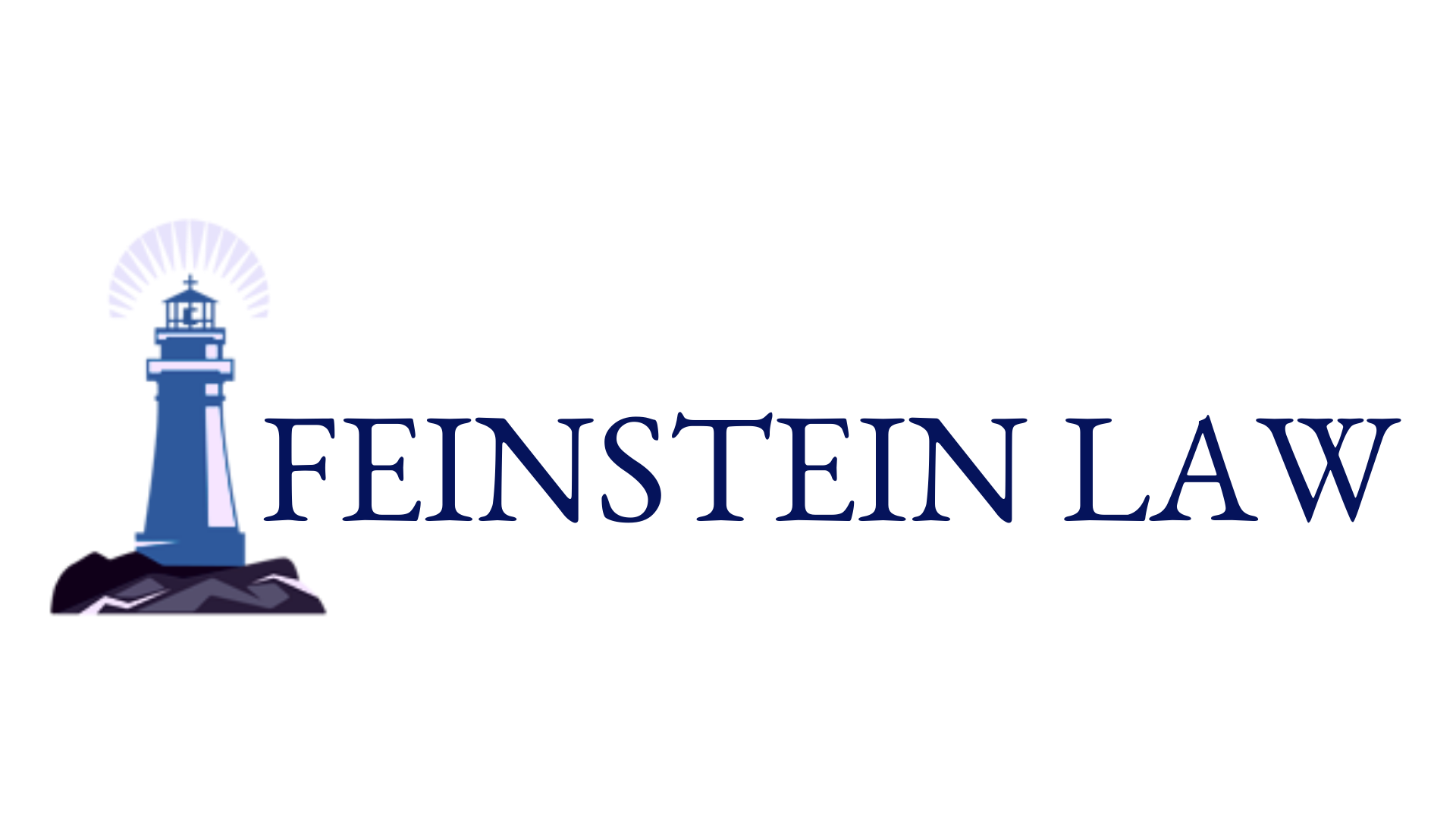A Manhattan federal judge, U.S. District Judge Jed Rakoff, who is a well-known critic of U.S. Securities and Exchange Commission (“SEC”) expressed his outrage on Wednesday over the use of in-house administrative court proceedings in fraud cases by the SEC. Rakoff, who rejected the SEC’s $285 million dollar settlement with Citigroup in 2011 because he had no idea whether the amount was fair given the nature of the allegations against Citigroup, has continued to express doubt over the fairness of the in-house process especially since out of the 235 administrative proceedings (up 10.3 percent from 2013) the SEC launched resulted in 100 percent conviction rate for the fiscal year 2014.
Under the 2010 Dodd-Frank law, the SEC gained power to pursue more enforcement cases in-house and have trials decided by staff SEC judges rather than juries. Critics believe this increasing use of administrative proceedings stems from the highly publicized losses in recent years by the SEC of insider trading losses in court, including the billionaire Mark Cuban case in 2013 and against Nelson Obus, a fund manager at Wynnefield Capital Inc in June 2014. Rakoff cited both cases in noting the SEC last fiscal year won only 61 percent of federal court trials as compared to the SEC’s new perfect record under the in-house court proceess.
Rakoff is not alone. Last month,two lawsuits were filed against the SEC by hedge fund manager Joseph Stilwell and Jordan Peixoto, a Canadian accused of insider trading in Herbalife Ltd. Both suits raise questions about the SEC’s administrative power and challenge the alleged unchecked and unbalance of administrative powers in violation of Article II of the U.S. Constitution. Rakoff did not comment on the merits of these cases because they are still pending. However, he acknowledged that the grounds raise important questions about the limited rights in an SEC court. Litigants face a much more limited discovery than in federal court, for example, they have no right to deposition or interrogatories. Further, the SEC is not bound by the Federal Rules of Evidence at the heading, but can and has, introduced hearsay and refused to have the cases before it decided by a jury instead of a judge, according to Rakoff.
This will surely not be the end of the debate but time will tell what affect, if any, this publicity and the pending lawsuits have on the administrative in-house court of the SEC.
This securities law blog post about the SEC and U.S. District Judge Jed Rakoff is provided as a general informational service to clients and friends of Feinstein Law, PA and should not be construed as, and does not constitute, legal and compliance advice on any specific matter, nor does this message create an attorney-client relationship. © Feinstein Law, PA, 2014.
For more information concerning the rules and regulations affecting the going public direct transactions, direct public offerings, or dual listing, please contact Feinstein Law, PA at (619) 990-7491 or by email at Todd@Feinsteinlawfirm.com or JDunsmoor@Feinsteinlawfirm.com. Please note that the prior results discussed herein do not guarantee similar outcomes. Todd Feinstein is admitted in Florida and Jonathan Dunsmoor is admitted in New York.

